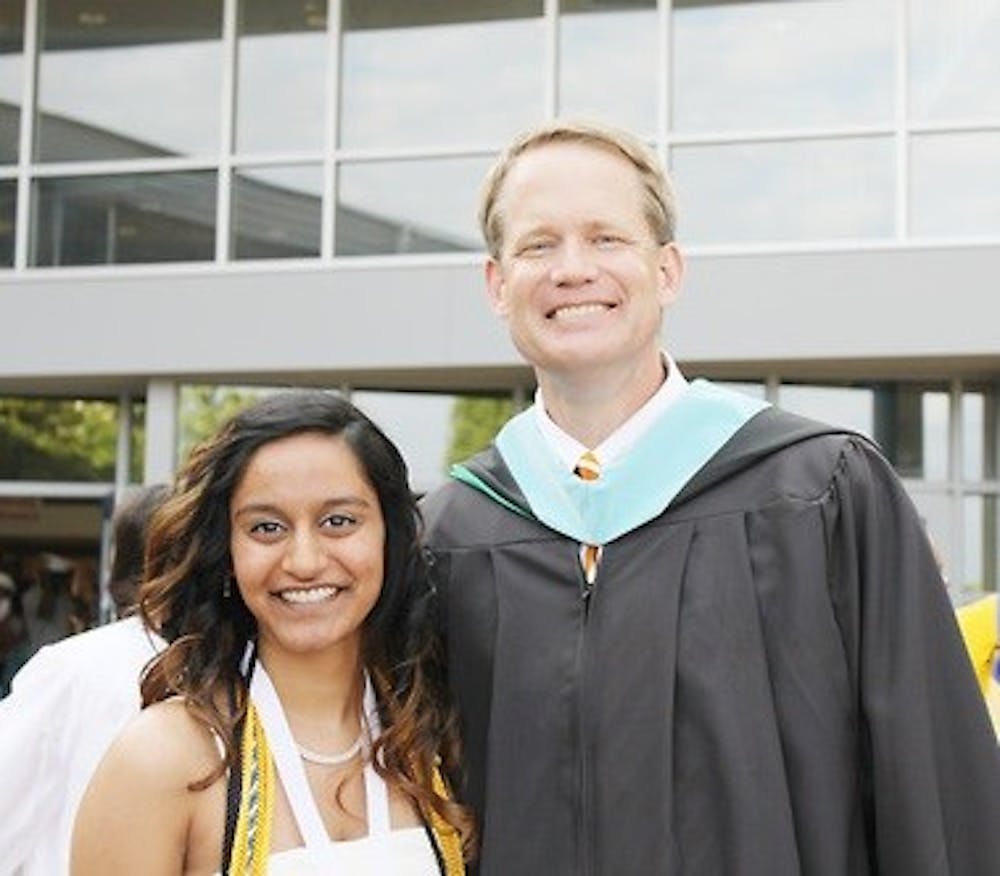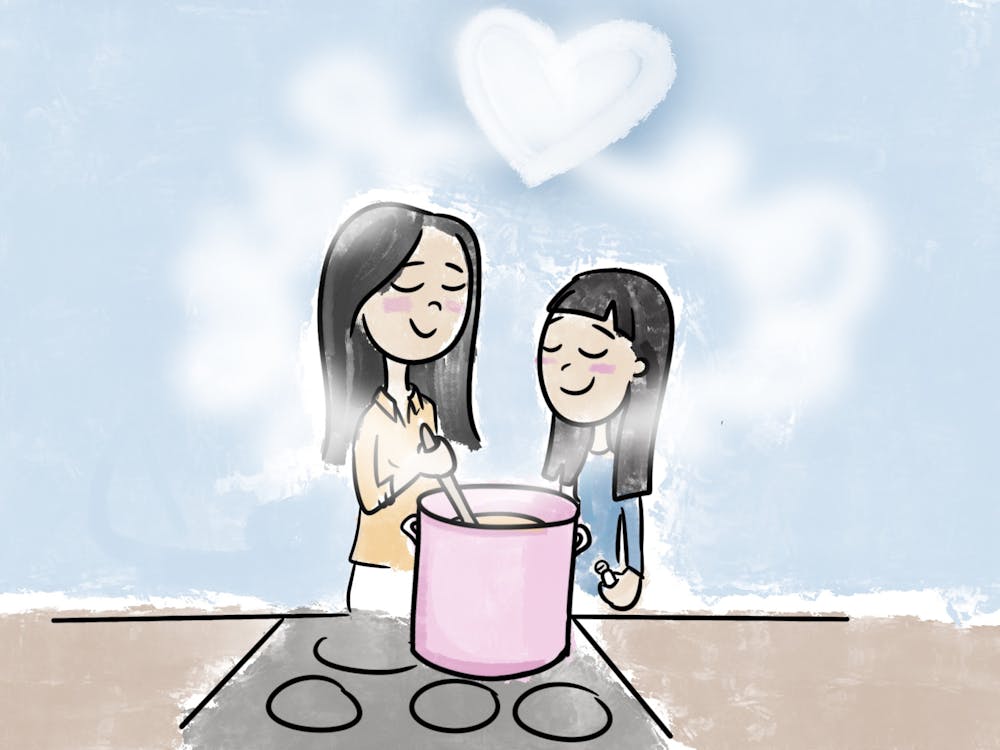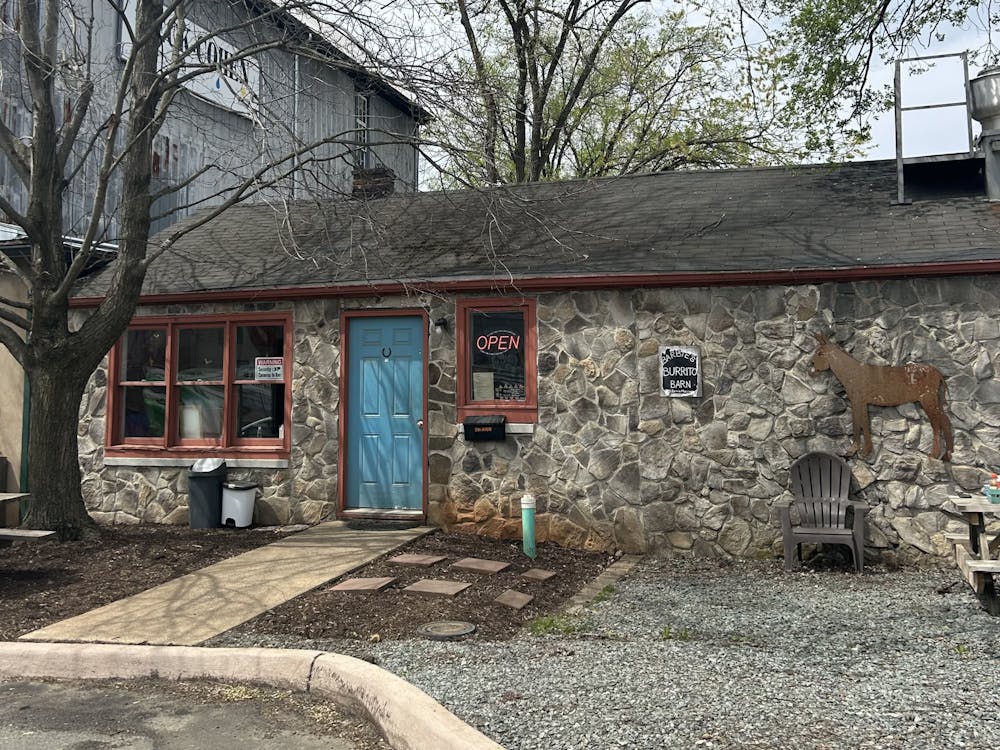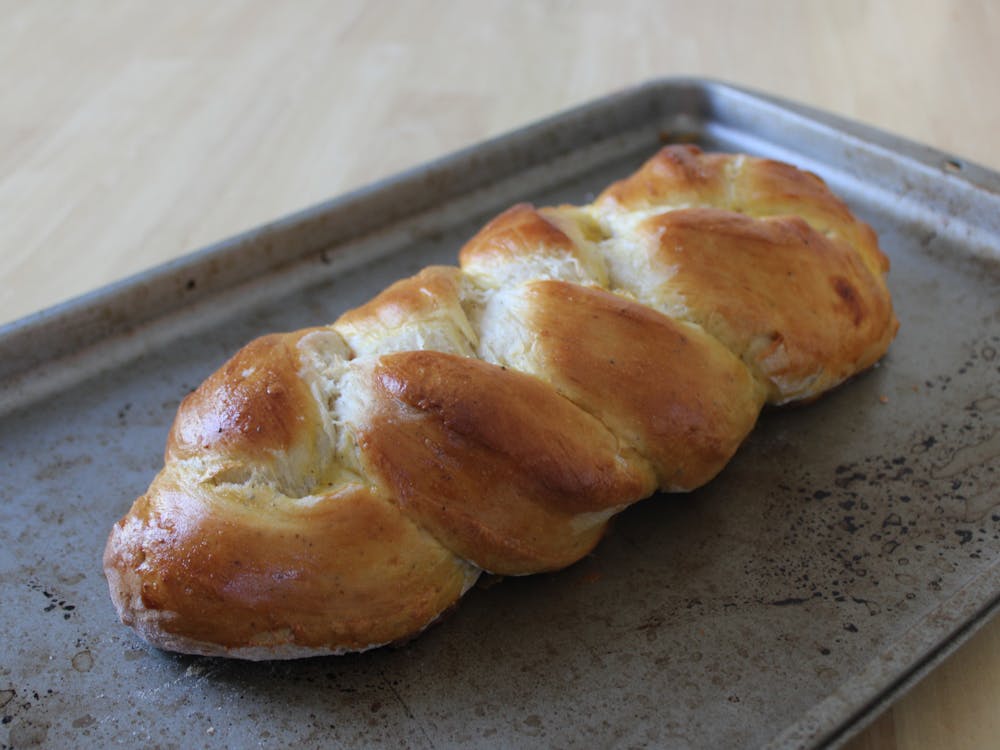After a long day of my summer internship at Georgetown University Hospital, my mind rubbed raw with stories of chemotherapy regimens and grave prognoses, I was in desperate need of a caffeine boost. I anxiously watched the Starbucks baristas scurry about, trying to fill the dozen cups lined up behind the counter, until I realized it had been a few hours since I’d looked at my phone.
“Mr. Tremaine died,” the text from my best friend read.
At first, I didn’t believe it. I had heard rumors of how Mr. Tremaine — my high school principal — had taken an early retirement, but for some reason I assumed it would only be temporary. After all, he’d had colon cancer, known for having high rates of survival if you catch it early enough. Only a few minutes prior, I had witnessed colon cancer patients receiving treatment — every one of them smiling, healthy-looking and very much alive, just as I’d always envisioned Mr. Tremaine.
I tapped out a borderline incoherent text in response to the news, attempting to describe to my friend how surreal it felt to hear of someone whom I knew personally lose his battle to the exact same disease I interacted with every day. I sank into an armchair by the window and sipped my coffee, trying to run as far away from the thought of him as I possibly could.
I wished I could press an undo button and not have come into work that day, as if somehow modifying my actions would have triggered an alternate chain of events. For a long while, I was reluctant to scroll through social media, knowing the miles of photos and eulogies would only reinforce the fact that he was really gone.
It had been more than a year since I’d last gone back to Hayfield Secondary, partly because I hated reminding myself of my life before college and partly because there was never any compelling reason to pay a visit. But I felt it was the least I could do to attend the vigil, for the sake of my summer dedicated to cancer research and, of course, to pay my respects to Mr. Tremaine.
At the vigil, I was surrounded by people of my past and present, from teachers who still haunted my nightmares to fellow University students to old acquaintances who have for so long existed only as tweets and Facebook posts. Absorbing the scene of all of these people, removed from their original context only to be placed back again, I felt like I was gluing together the shards of a broken clock.
It felt so uncanny because none of this was supposed to be happening. The past was to remain spewed about in glass fragments and a twisted hour hand, while time at Hayfield was to keep passing as if none of us had ever left. But here we all were, our pasts equally as real as our present, too stuck in the sultry gloom of the night to think of anything other than how unreal it was to live out the remaining years of our lives with a significant piece of our clocks missing.
It took me a while to make sense of how I felt about it all. Even as I progressed through my internship, I still had a hard time believing $7 million radiation machines and brilliantly compassionate doctors couldn’t change Mr. Tremaine’s fate. I still think it’s unfair for such a cheerful man with a bright looming presence to have been swept from this earth way before his time was due. But if there’s one thing I’ve learned from this experience, it’s the conscious awareness of life’s limitedness.
We spend an unhealthy amount of time during our youth dreaming about our futures, fantasizing about what our lives could be instead of enjoying what it is at present. We spend too much time staring at clocks and not enough time looking into what we achieve as the hours pass. We are told we can accomplish anything we want, shaping a mindset of living across the course of an eternity, as if death can only fall on us after we’ve reached a satisfying sense of closure.
But the truth is, we don’t always get answers to everything. There will be many items left unstruck on our bucket lists, many books we’ll never get around to reading and many people with whom we will never make amends. When we continually search for the ideal time to finally do something, what we fail to realize is that every minute spent waiting is 60 seconds we could have spent doing something productive and worthwhile, even if it’s not something life altering.
In the spirit of Mr. Tremaine, my goal for this semester is to spend every moment loving what I do, to replace complaints with hard work and to not just view my time at the University as a transitional phase. We think our time is only limited when we have a diagnosis but, in reality, everyone’s days are numbered.
The only tangible time we have is the present. It doesn’t take much for our worlds to be pulled from underneath us.
Vega’s column runs biweekly Tuesdays. She can be reached at v.bharadwaj@cavalierdaily.com.





